One dollar, twenty euros... (A2)
Money and prices (239)
Peněžní částky
Na Landigo si dnes ukážeme, jak zapsat a přečíst cenu/peněžní částku a jak ji použít ve větě.
Související lekce: Peníze (A0)
The ticket to Madrid costs only €200.50.
| €200.50 |
|
two hundred euros and fifty cents
|
|
two hundred fifty
|


$1, 10c, $1.10...
Částku v určité měně zapisujeme pomocí symbolu měny + číslice:
| $1 |
| €10 |
| £100 |
Nikoliv: 1$, 10€, 100£
U drobných (centy, pence...) zapisujeme nejdříve číslici:
| 1c |
| 1p |
1c je setina eura/dolaru (€0.01, $0.01) a 1p je setina britské libry (£0.01).
Pokud kombinujeme dolary a centy, libry a pence apod., zapisujeme pouze symbol měny ($, £...):
| $1.10 (= 1 dolar a 10 centů) |
| £10.10 (= 10 liber a 10 pencí) |
Nikoliv: $1.10c, £10.10p

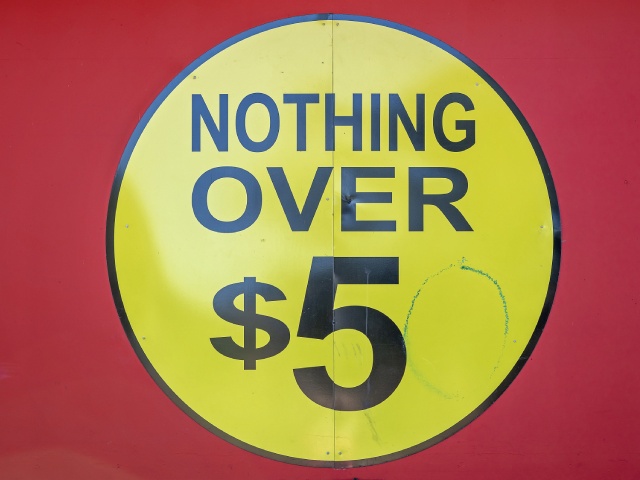

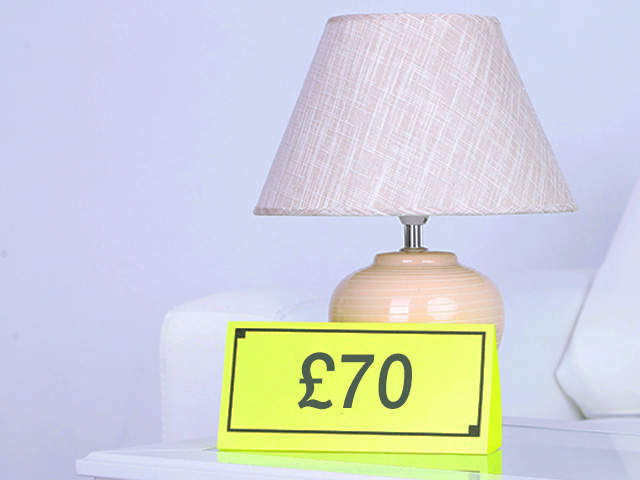

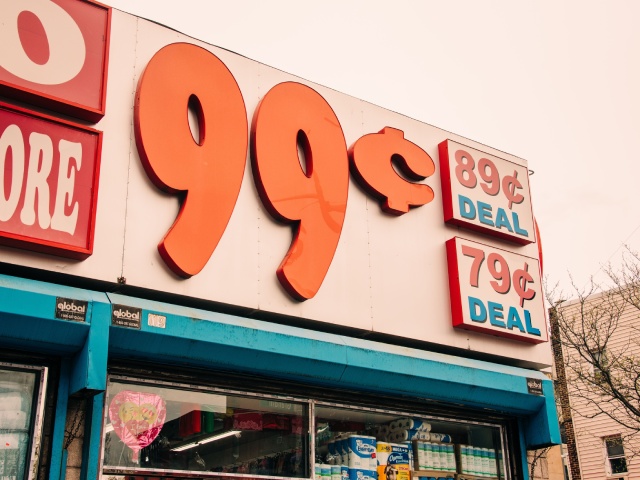

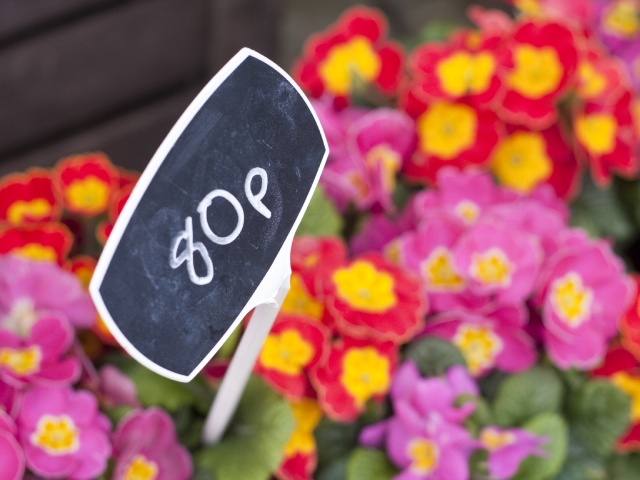

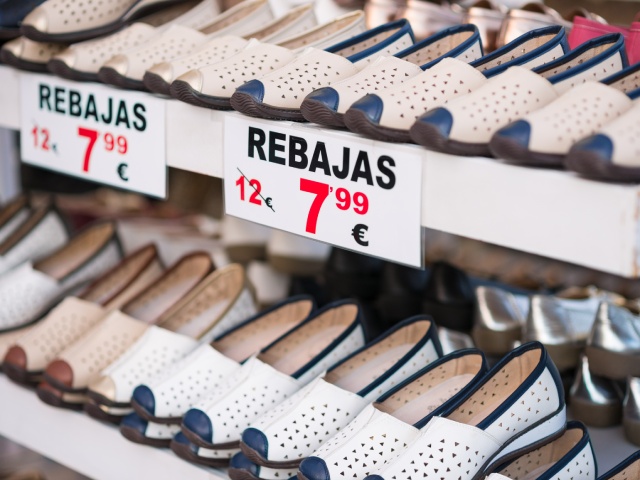


Před drobnými (centy, pencemi...) je desetinná tečka:
| $1.10 |
| £5.80 |




Tisíce a stovky můžeme oddělit čárkou:
| $1,000 (= $1 000) |
| £1,000,000 (= £1 000 000) |

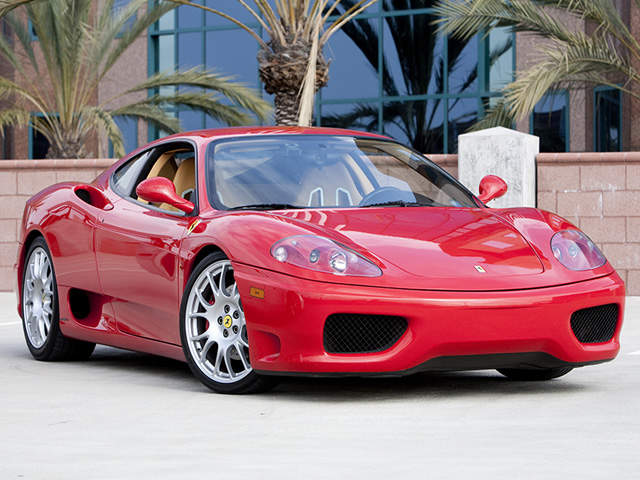


Pokud použijeme celý název měny (dollars, euros...), měna je až za číslovkou:
| 10 dollars (= $10) |
| 10 euros (= €10) |




$1.10 = one dollar and ten cents/one ten
Částky čteme následovně:
| $1.55 |
one dollar and fifty-five cents
|
| $4.01 |
four dollars and one cent
|
| $0.11 |
eleven cents
|
| €20.99 |
twenty euros and ninety-nine cents
|
| €3,500.50 |
three thousand five hundred euros and fifty cents
|
| £39.89 |
thirty-nine pounds and eighty-nine pence
|
| £1.01 |
one pound and one penny
|
| £0.40 |
forty pence
|
Všimněte si, že s číslem jedna používáme jednotné číslo (dollar, cent, penny...). S číslem větším než jedna používáme množné číslo (dollars, cents, pence...).

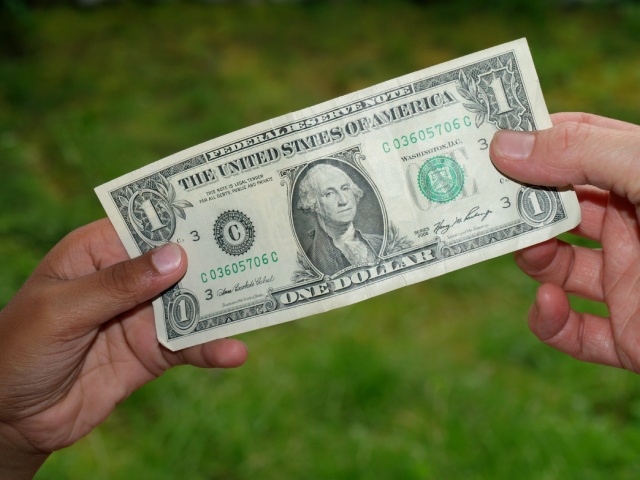

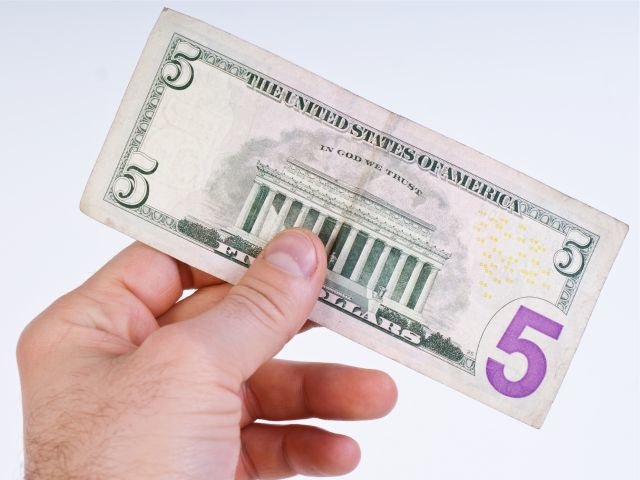

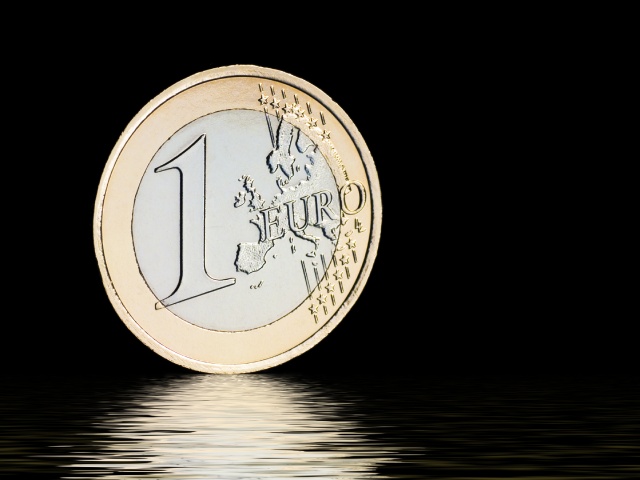

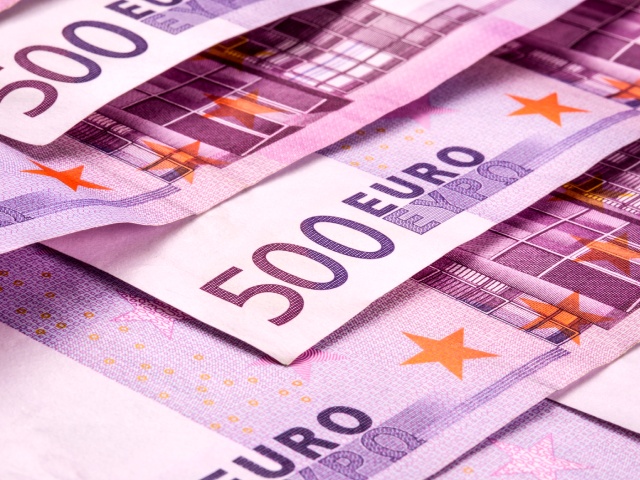
Pokud je jasné, o jaké měně mluvíme, můžeme obvykle vynechat název měny i drobných a přečíst pouze dvě čísla:
| 1.55 |
one fifty-five
|
| 20.99 |
twenty ninety-nine
|
| 39.89 |
thirty-nine eighty-nine
|
This loaf of bread costs only £3.99.
| £3.99 |
|
three pounds and ninety-nine pence
|
|
three ninety-nine
|


The taxi driver charged me €2.80 per kilometre.
| €2.80 |
|
two euros and eighty cents
|
|
two eighty
|


That is $15.50, madam.
| $15.50 |
|
fifteen dollars and fifty cents
|
|
fifteen fifty
|


How much is the ticket? – It's €40.20.
| €40.20 |
|
forty euros and twenty cents
|
|
forty twenty
|


Ten dollars is... = suma
Ten dollars are... = mince/bankovky
Obvykle považujeme peněžní částku za jeden celek (= jednu sumu), proto použijeme sloveso v jednotném čísle (is, was...):
|
Five hundred euros is too much for the flight.
|
Pět set euro je za let příliš. |
|
Sixty dollars was a lot of money then.
|
Šedesát dolarů bylo tehdy hodně peněz. |
Všimněte si, že v češtině používáme také jednotné číslo slovesa (je, bylo...).
Pokud nemáme na mysli celkovou sumu, ale spíše mince a bankovky, použijeme sloveso v množném čísle (are, were...):
|
Here are two pounds for the coffee.
|
Tady máš dvě libry (= dvě mince) na kafe. |
|
There were ten dollars on the floor.
|
Na podlaze leželo deset dolarů (= deset bankovek). |
Ninety-five dollars isn't enough for that painting. It's worth a lot more than that.
| Suma peněz: |
| Ninety-five dollars aren't isn't... |


There are a few pounds on the kitchen table. You can take them.
| Mince: |
|
There is are a few pounds.
|
|
You can take it them.
|

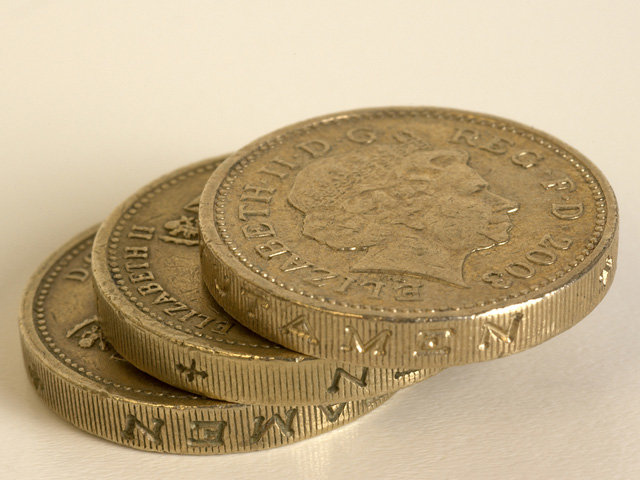
Twenty euros is quite a lot of money for four kilos of cherries, isn't it?
| Suma peněz: |
| Twenty euros are is... |


Was fifty dollars enough for the swimsuit?
| Suma peněz: |
|
Were Was fifty dollars enough?
|


A hundred(-)dollar note, a two(-)dollar coin...
Pokud je částka před podstatným jménem, do češtiny ji obvykle překládáme jako přídavné jméno:
|
a hundred dollar note
|
stodolarová bankovka |
|
two hundred dollar notes
|
dvě stodolarové bankovky |
|
a two euro coin
|
dvoueurová mince |
|
two two euro coins
|
dvě dvoueurové mince |
Všimněte si, že název měny (dollar, euro...) v tomto případě používáme v jednotném čísle. Neříkáme: a hundred dollars note, a two euros coin
Přídavné jméno se někdy píše se spojovníkem:
|
a hundred-dollar note
|
|
two two-euro coins
|
Porovnejte:
|
I have twenty pounds.
|
Mám dvacet liber. |
|
I bought a twenty pound shirt.
|
Koupil jsem si košili za dvacet liber. |
|
I bought a twenty-pound shirt.
|
|
|
I bought two twenty pound shirts.
|
Koupil jsem si dvě košile za dvacet liber. |
|
I bought two twenty-pound shirts.
|



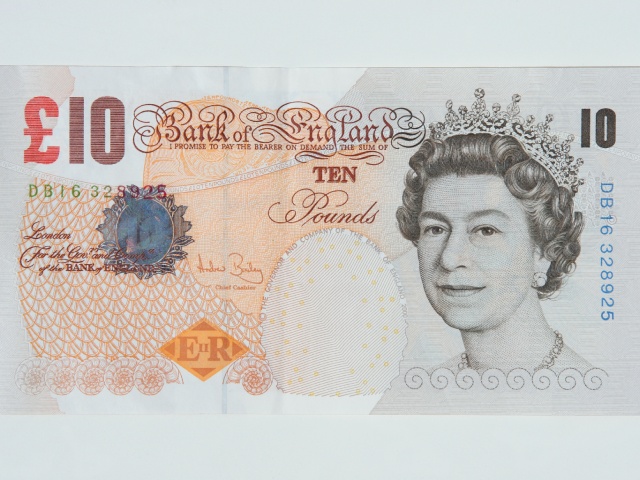



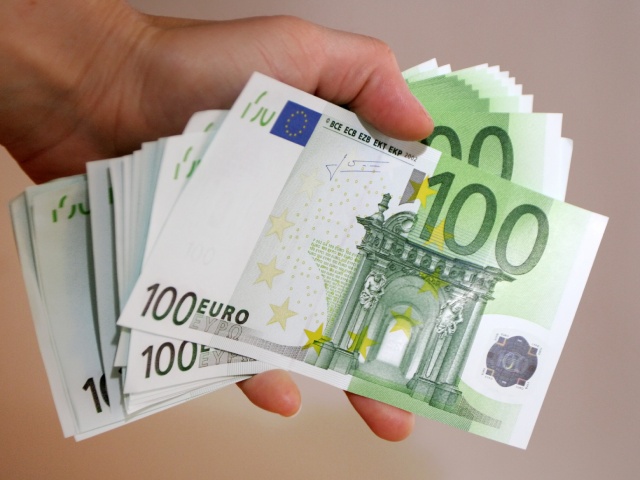

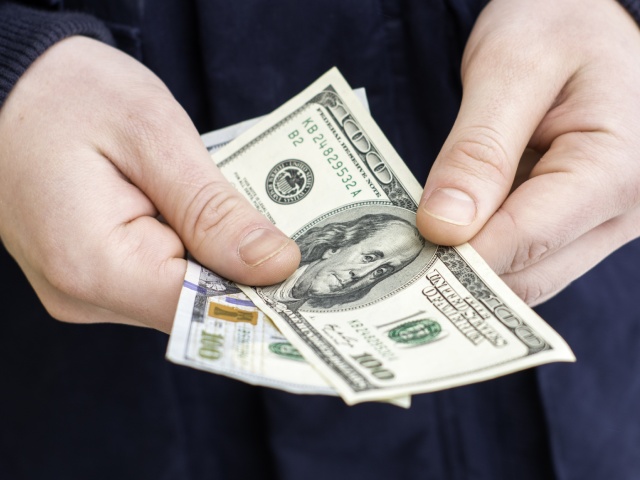


It's a three-thousand dollar suit! I can't afford to pay three thousand dollars for it.
|
a three-thousand dollar suit
|
|
a three thousand dollar suit
|
|
pay three thousand dollars
|


Peněžní částky (money and prices) – nejdůležitější body:
- Zápis částky → symbol měny + číslice ($1, €10.10...)
- Zápis pouze drobných → číslice + symbol (1c, 10p...)
- Před drobnými píšeme tečku ($1.10, £10.01...).
- Tisíce a stovky můžeme oddělit čárkou ($1,000; £1,000,000...).
- Jedna suma → sloveso v jednotném čísle (Ten dollars IS a lot of money.)
- Jednotlivé mince/bankovky → sloveso v množném čísle (There ARE ten dollars on the floor.)
